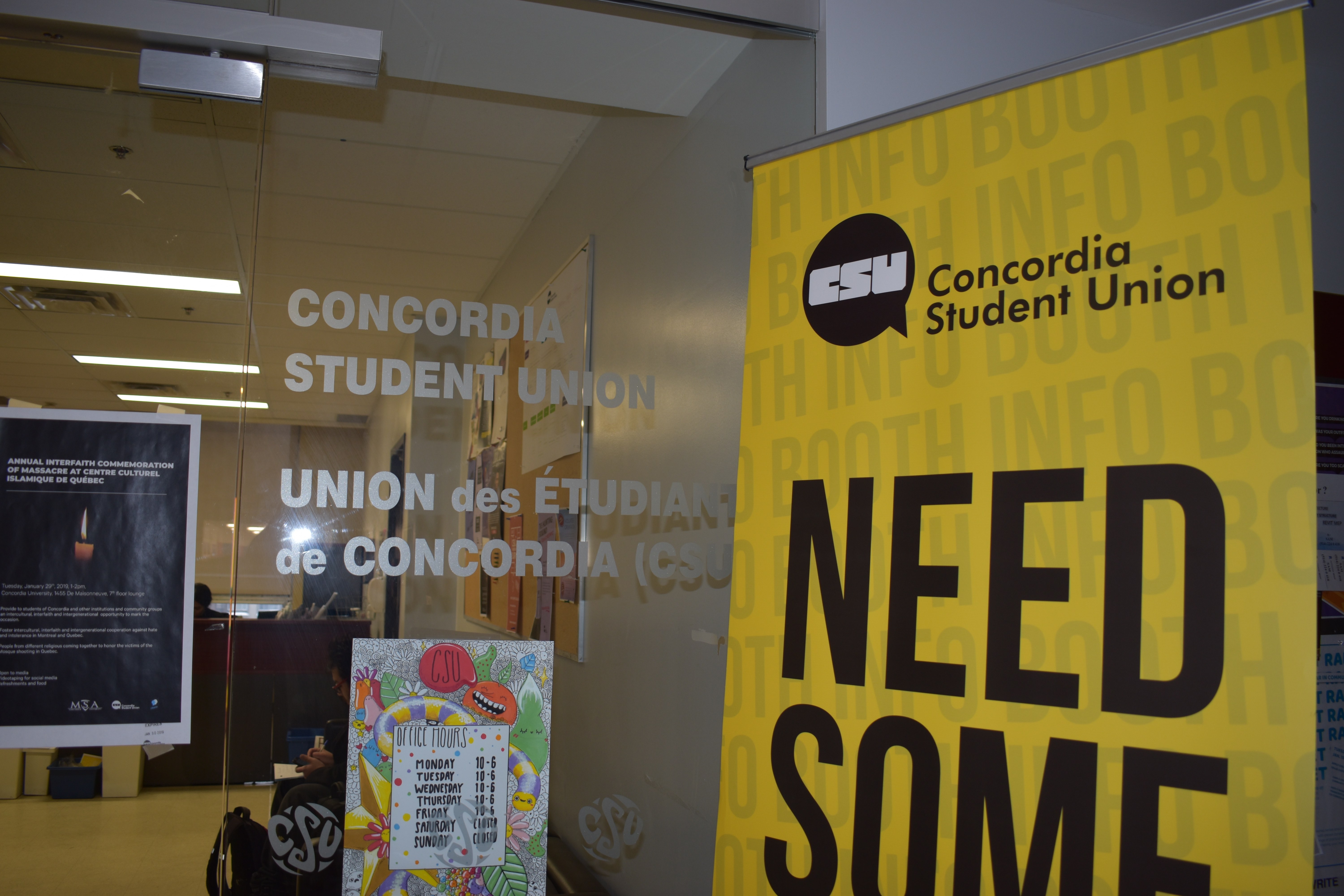Group will advise union, administration on recovery services for students
The Concordia Student Union (CSU) is launching its first addiction treatment, prevention, and recovery task force.
The CSU addiction task force is composed of five students whose mandate is to implement new addiction-harm reducing initiatives on Concordia’s campus.
The task force will be funded by the student life initiative budget, which the student life coordinator holds in order to implement any initiative for student life, including the upcoming Rapid HIV Testing Clinic.
“Addiction impacts students in a lot of different ways; it impacts their academics, it impacts their involvement in student life on campus,” said Michele Sandiford, the CSU student life coordinator and member of the task force. “We think that it is important to give them a space where they can thrive in school and thrive in the community.”
This issue is particularly important to Sandiford, who has been in recovery for two years. When she was elected as a CSU executive, she made this project part of her mandate. She said this year’s executive team has been interested in supporting mental health issues, giving her the necessary support to achieve her goal.
“For now, we really are just a body that makes recommendations to the CSU and the university, and we’re trying to implement some sort of resources or programing,” said Sandiford. “It’s about establishing recommendations for what might work for students.”
At the moment, the CSU addiction task force is a pilot project in development, while they determine what is already available to students on campus and what they might need in the future. While the launch date of the project is still unknown, the team will continue to discuss its primary focus during their weekly meetings. They also started looking into ways to promote their cause.
“We’re looking at space, we’re looking at resources, accommodations that can be made for students, and ways that we can support them,” Sandiford said. “It might be something like peer support or better access to resources.”
The team of five, including Sandiford, whose other members have not yet been revealed, is composed of students that have backgrounds in addiction recovery or have specific interest in harm-reducing or addiction treatment.
In order to maximize the task force’s impact on students in need, the group “[goes] over research, what’s already available for students, what can be made available, and from the personal experience of the members of the committee or task force,” Sandiford said. “If [students] have specific ideas for things that they might need, we’re happy to have that information brought to us,” she added.
Sandiford hopes the team will be able to bring the right help to Concordia students. She also hopes to offer students easy access to the proper assistance that many of the team’s members had a chance to get or are still going through.
Photo by Mia Anhoury.
A previous version of this article included the sentence “The Concordia Student Union (CSU) is launching its first addiction treatment, prevention, and recovery centre.” The sentence now reads: “The Concordia Student Union (CSU) is launching its first addiction treatment, prevention, and recovery task force.” In addition, the sentence “Since the task force is not fully operating yet, Sandiford advised students needing help with addiction to seek counselling for the moment,” has been removed to ensure clarity and accuracy. The Concordian regrets the errors.




